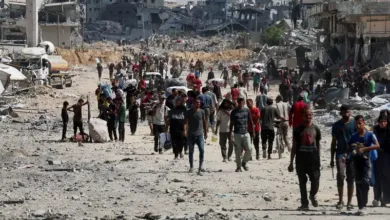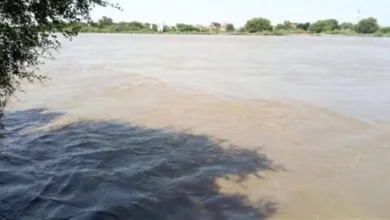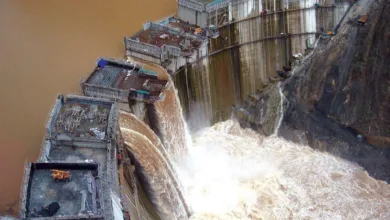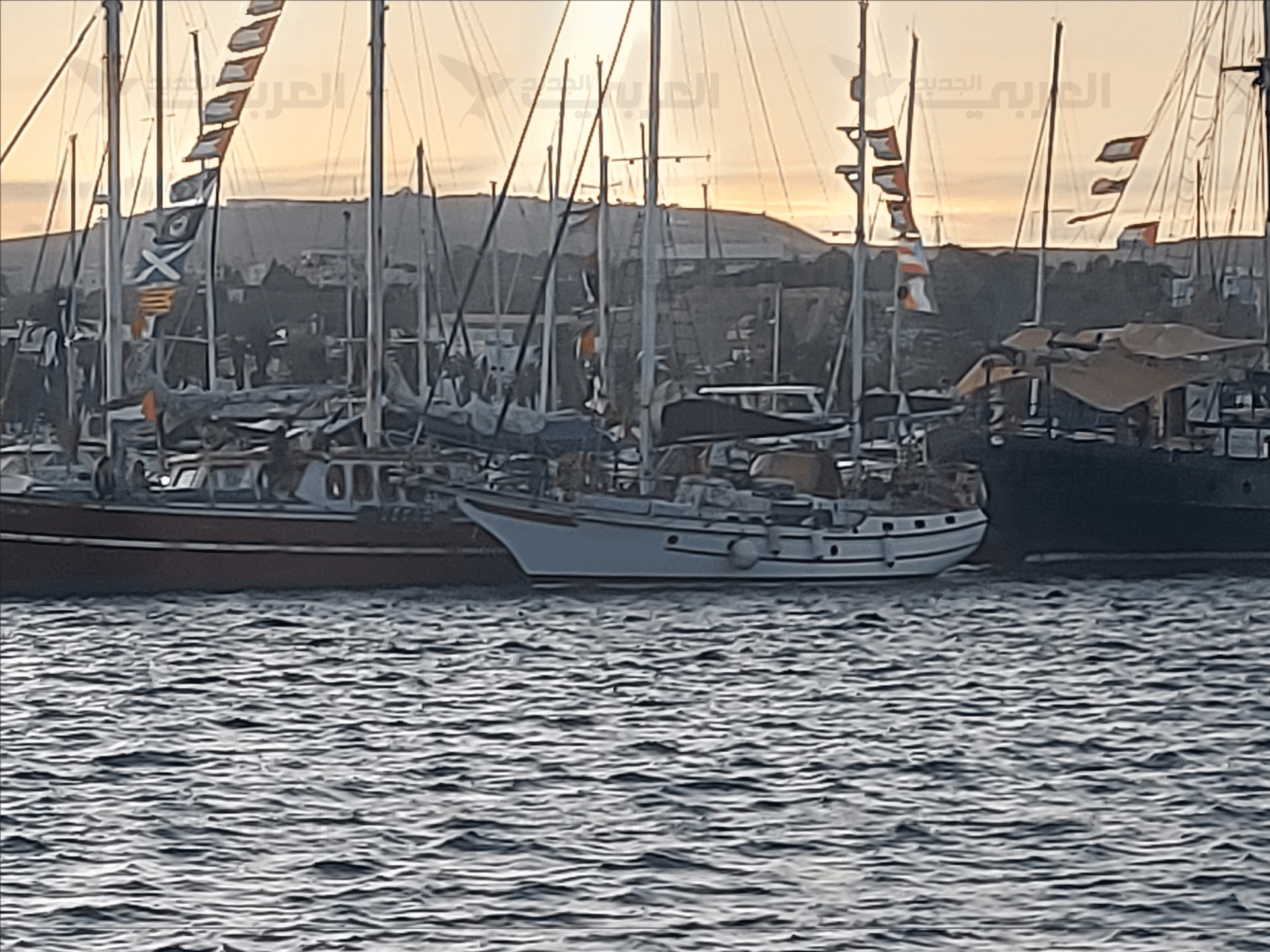Israeli Military Names Doha Operation “Summit of Fire” Targeting Hamas Leadership
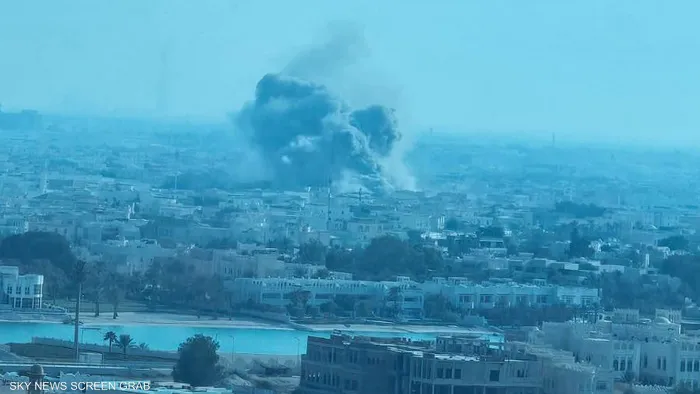
The Israeli military has officially named its recent operation in Doha “Summit of Fire”, following the targeted strike against Hamas leaders, including Khalil al-Hayya, the head of Hamas in Gaza. The announcement was made by the Israeli army spokesperson on Tuesday, highlighting the operation’s strategic significance.
Operation Announcement
The Israeli Defense Forces (IDF) confirmed the details of the airstrike, stating that it targeted Hamas command structures in Doha with precision-guided aerial munitions. The operation was coordinated with the Shin Bet (Israel Security Agency) and executed by the Israeli Air Force.
Brigadier Avichay Adraee, spokesperson for the IDF, used the official hashtag #SummitOfFire on X (formerly Twitter) to disseminate information and underscore the operation’s objectives.
Targets and Strategic Intent
According to the IDF, the strike focused on senior Hamas leaders who have been actively involved in orchestrating military operations against Israel. Among the targeted individuals was Khalil al-Hayya, a prominent figure responsible for coordinating Hamas activities in Gaza.
The military stated that the targeted leaders had direct involvement in the October 7 attacks and were responsible for managing ongoing hostilities against Israeli territory. This strike represents a deliberate effort to disrupt Hamas’s operational command and limit its capacity to execute further attacks.
Execution of the Operation
Israeli media reports indicate that the operation involved coordinated air strikes with precision targeting, relying on advanced intelligence from multiple sources. The IDF emphasized that the operation was executed with minimal collateral damage, highlighting its focus on high-value targets.
Military analysts note that operations such as “Summit of Fire” are designed to weaken enemy command structures while reinforcing Israel’s deterrence capabilities. The combination of accurate intelligence and tactical airpower ensures that strategic objectives are met with efficiency and effectiveness.
Role of Command and Intelligence
The operation was overseen by senior Israeli officials, with real-time monitoring from the Shin Bet operations center. Top military leaders and political figures, including Prime Minister Benjamin Netanyahu and Defense Minister Yisrael Katz, were reportedly involved in strategic oversight.
The IDF stated that the operation was executed in alignment with broader security objectives, focusing on neutralizing threats while preventing escalation and maintaining operational precision.
Regional and Diplomatic Implications
The Doha strike has significant implications for the broader Middle East region. By targeting Hamas leadership outside Gaza, Israel demonstrates its ability to project power and enforce security objectives beyond its borders.
Diplomatic observers highlight that such operations may influence ongoing negotiations in the region, including efforts by Qatar, Turkey, and international partners to mediate ceasefires and reduce hostilities. While Israel emphasizes military precision, the geopolitical ramifications are likely to attract global attention.
Media Coverage and Public Messaging
The IDF has actively communicated details of the operation through official channels, aiming to provide transparency regarding the strike and its objectives. The use of social media, particularly the hashtag #SummitOfFire, serves both to inform the public and to convey a message of deterrence to Hamas and other regional actors.
Coverage by Israeli and international media underscores the sophistication and coordination of the operation. Analysts note that media messaging is an integral part of modern military strategy, shaping perceptions and reinforcing the credibility of military actions.
Strategic Analysis
Experts emphasize that the “Summit of Fire” operation demonstrates several key strategic lessons:
-
The importance of real-time intelligence and inter-agency coordination between military and security services.
-
Precision targeting of high-value individuals to maximize impact while minimizing collateral damage.
-
Integration of political oversight and operational execution to ensure alignment with broader strategic goals.
-
The ability to act beyond national borders to neutralize threats, reinforcing deterrence and signaling operational reach.
These elements showcase Israel’s commitment to maintaining a robust security posture and its capability to execute complex, high-stakes military operations.
Humanitarian and Regional Concerns
While the strike focused on Hamas leadership, international observers have raised concerns regarding potential civilian impacts and broader humanitarian consequences. Human rights organizations have called for transparency, adherence to international law, and measures to protect civilian populations in conflict zones.
Diplomatic sources indicate ongoing discussions with regional partners to monitor escalation risks and explore avenues for conflict resolution, balancing Israel’s security objectives with the need to prevent wider regional instability.
The “Summit of Fire” operation in Doha represents a highly coordinated and strategically significant military strike, targeting senior Hamas leadership with precision-guided munitions. By combining intelligence, tactical airpower, and political oversight, Israel demonstrates its ability to achieve strategic objectives while managing operational risks.
The operation underscores the complex interplay of military action, diplomacy, and public messaging in the Middle East. As regional and international stakeholders monitor the situation, the coming days will be critical in determining the trajectory of the conflict and prospects for stability in Gaza and beyond.
